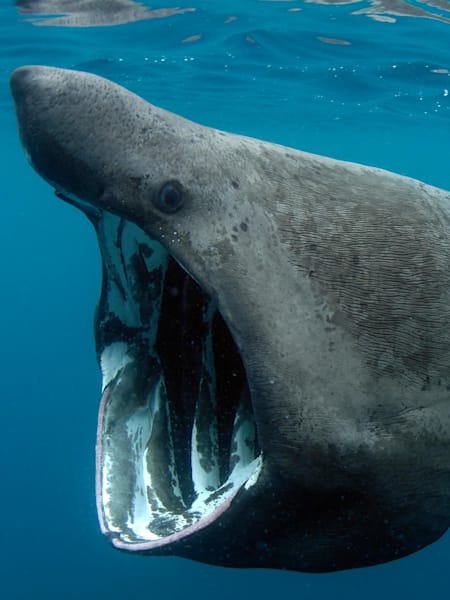This website uses technically necessary cookies.
With your consent, this website shall use additional cookies (including third party cookies) or similar technologies to make our site work, for marketing purposes and to improve your online experience.
You can revoke your consent via the Cookie Settings in the footer of the website at any time. Further information can be found in our Privacy Policy and in the Cookie Settings directly below.
.png)
Privacy Preference Center
More information
Manage Consent Preferences
Strictly Necessary
These cookies are necessary for the website to function and cannot be switched off in our systems. They are usually only set in response to actions made by you which amount to a request for services, such as setting your privacy preferences, logging in or filling in forms. You can set your browser to block or alert you about these cookies, but some parts of the site will not then work. These cookies do not store any personally identifiable information.
Performance
These cookies allow us to count visits and traffic sources so we can measure and improve the performance of our site. They help us to know which pages are the most and least popular and see how visitors move around the site. All information these cookies collect is aggregated and therefore anonymous. If you do not allow these cookies we will not know when you have visited our site, and will not be able to monitor its performance.
Third Party Content Cookies
These cookies may be set through our site by third-party providers of third-party content that is embedded on our site. They may be used by those companies to load, display, or in other ways to enable you to use that content. As this third-party content is provided by autonomous companies on their own responsibility, those companies may also use these cookies for their own additional purposes, such as marketing. Please refer to the privacy policies of those companies for that information. If you do not allow these cookies, you will not be able to use this third-party content embedded on our site, such as videos, music, or maps.







